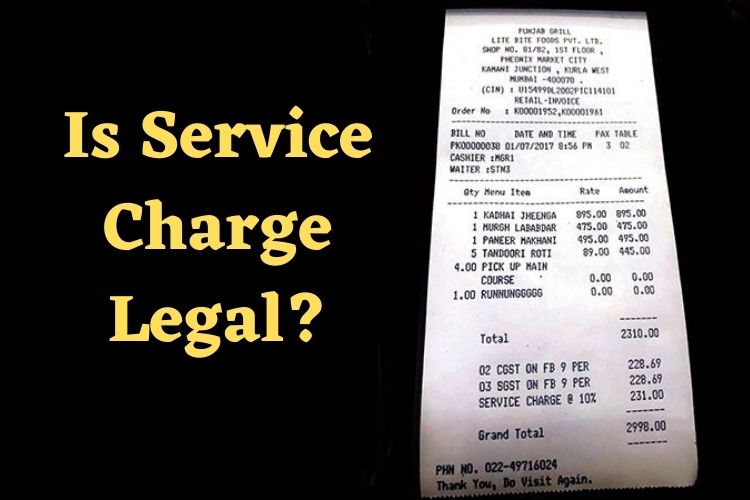The Delhi High Court will hear on May 9 two appeals challenging a single judge’s ruling that upheld the Central Consumer Protection Authority’s (CCPA) 2022 guidelines prohibiting restaurants from automatically levying service charges on customers’ bills.
The appeals have been filed by the National Restaurant Association of India (NRAI) and the Federation of Hotel and Restaurant Associations of India (FHRAI). The matter came up today before a Division Bench comprising Chief Justice Devendra Kumar Upadhyaya and Justice Tushar Rao Gedela, but the hearing was postponed due to technical issues with the virtual court system.
The CCPA guidelines, issued in July 2022, bar restaurants from imposing mandatory service charges. These measures followed widespread consumer complaints about charges ranging from 5% to 20% being added to bills without consent.
NRAI and FHRAI had earlier approached the High Court, arguing that the service charge is a long-standing industry norm, embedded in wage agreements and recognised by various legal and quasi-legal bodies. However, the single judge found no direct evidence linking service charges to employee benefits and held that compelling customers to pay such charges amounted to an unfair trade practice under the Consumer Protection Act, 2019.
The Court also clarified that the CCPA has the authority to regulate such practices, and that its guidelines, though titled as such, carry the force of law. The judgment further prohibited the use of potentially misleading terminology like “service charge,” directing restaurants to opt for clearer alternatives like “voluntary contribution” or “staff welfare fund.” It emphasized that such charges must not be added automatically and that customers must be explicitly informed that tipping is voluntary.
Additionally, the Court imposed penalties of ₹1 lakh each on NRAI and FHRAI, to be paid to the CCPA’s consumer welfare fund.
In their appeal, the restaurant bodies have reiterated that service charges, when clearly communicated, are not deceptive or unfair. They argue that the practice is rooted in labour law, not consumer protection, and that the CCPA has overstepped its jurisdiction by interfering with established wage and compensation systems. They maintain that customers can choose whether to dine at establishments that levy such charges, and that the distribution of service charge directly benefits employees.
The Division Bench will take up the matter for further hearing on May 9.



